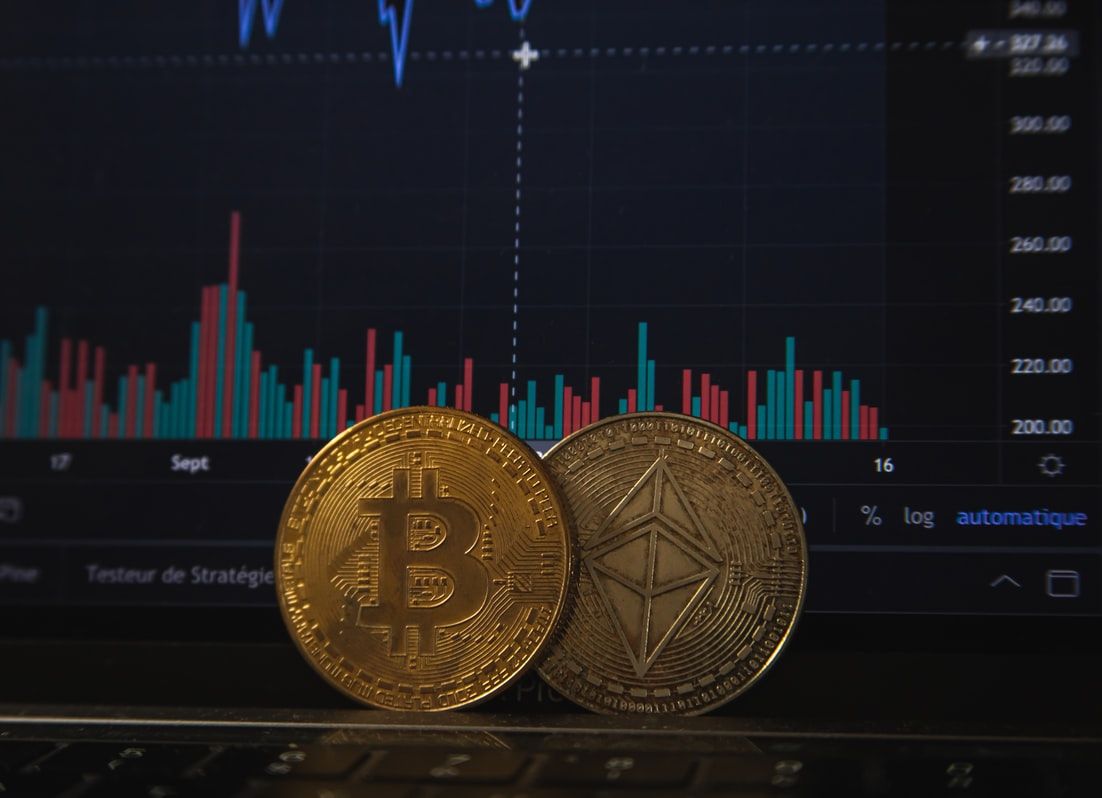Most cryptocurrencies have traded lower in the last 24 hours, although with big price fluctuations, after the United States Federal Reserve’s decision to hike interest rates for the first time since 2018.
Also Read| Fuel prices: Petrol priced at Rs 95.41, diesel Rs 86.67 in Delhi on March 21, 2022
The Fed also boosted its inflation estimates and indicated that interest rates will be raised in comparable increments six more times this year. Low-interest rates and central bank support have aided rallies in speculative assets, including cryptocurrency.
Also Read| Gold, silver and other metal prices on Monday, March 21, 2022
Bitcoin (BTC) dipped nearly 3% immediately after the Fed statement last week but soon recovered by the close of the New York trading day. The S&P 500 had similar price movements, as Treasury yields and the US currency trimmed previous advances.
As the consolidation between $36K and $45K levels continues, Bitcoin’s price has been able to establish support in the $38-39K zone yet again. Given the present bullish momentum, a retest of the 100-day moving average and finally, the $45K resistance zone appears to be near.
Also Read| Oil prices rise due to pressure of Russia-Ukraine conflict
The latter has proven to be a strong supply zone, rejecting the price many times in recent weeks. If this level is ultimately broken, the next objective is expected to be the 200-day moving average ($49K), which is one of the most important indications for determining whether the market is bullish or bearish.
Bitcoin fear and greed index on Monday, March 21, 2022, went from the fear level of 28 to the level of 30 as per the alternative. me. The Fear and Greed index is a technique for assessing investors’ emotions toward the market.
Also Read| Sensex surges over 260 points while Nifty around 17,350 in early trade
Bitcoin is currently trading around $40,943.53, down 2.43%. In the last 24 hours, the highest it touched was $41,950.66 and the lowest was $40,668.04. Bitcoin has a current market cap of $777,496,862,800. It has a circulating supply of 18,989,493.00 BTC coins and a maximum supply of 21,000,000 coins.
Also Read| Trade Setup: Top 15 things to know before market opens on March 21, 2022
Major Digital Services Act proposed by Australian Senator
Australian Liberal Senator Andrew Bragg opened the Australia Blockchain Week conference with a bombshell legislative proposal that he hopes will lay the groundwork for a new Digital Asset ecosystem down under. The proposed Digital Services Act (DSA) legislative package calls for reforms in crypto market licensing, custody, decentralized autonomous organizations (DAOs), debanking, and taxes. Senator Bragg said in his address at the conference that he expects the legislation in the Act to “protect (crypto) consumers against malicious operators.” Senator Bragg outlined the four main pillars that the DSA is guided by. He explained that the DSA would be technologically neutral, have broad and flexible principles, be regulated by a Minister rather than a bureaucratic agency, and use government resources and personnel. In his view, such guidance will help Australia show that the country is ready to take a greater role in the crypto industry.
Also Read| Trending Stocks: Oil India, RIL, HDFC, Indiabulls and others in news today
Indian government seeking to classify cryptocurrencies under GST law
The government is seeking to classify cryptocurrencies as a good or service under the GST statute, so that a tax may be applied on the whole value of transactions. Crypto exchange services are currently subject to an 18% Goods and Services Tax (GST), which is classified as financial services. GST officials believe that cryptos, by definition, are similar to lottery, casinos, betting, gambling, and horse racing, all of which are subject to a 28% GST on the whole value. Furthermore, in the case of gold, a 3% GST is paid on the whole transaction amount. “There is a clarity needed in regard to levy of GST on cryptocurrencies and whether it has to be levied on the entire value, We are seeing whether cryptocurrencies can be classified as goods or services and also removing any doubt on whether it can be called an actionable claim,” an official told PTI. Another official stated that if the GST is applied on the entire transaction of cryptocurrency, the rate might range between 0.1 and 1%. “Discussions are in a nascent stage on the rate of tax, whether it would be 0.1% or 1%. First, a decision on classification will have to be finalised and then the rate will be discussed,” the official added. The GST law does not clearly indicate the categorization of cryptocurrency, and in the absence of a law governing such virtual digital currencies, the classification must take into consideration whether the legal framework recognizes it as an actionable claim. An actionable claim is one that a creditor can make for any sort of debt other than one secured by a mortgage on immovable property.







